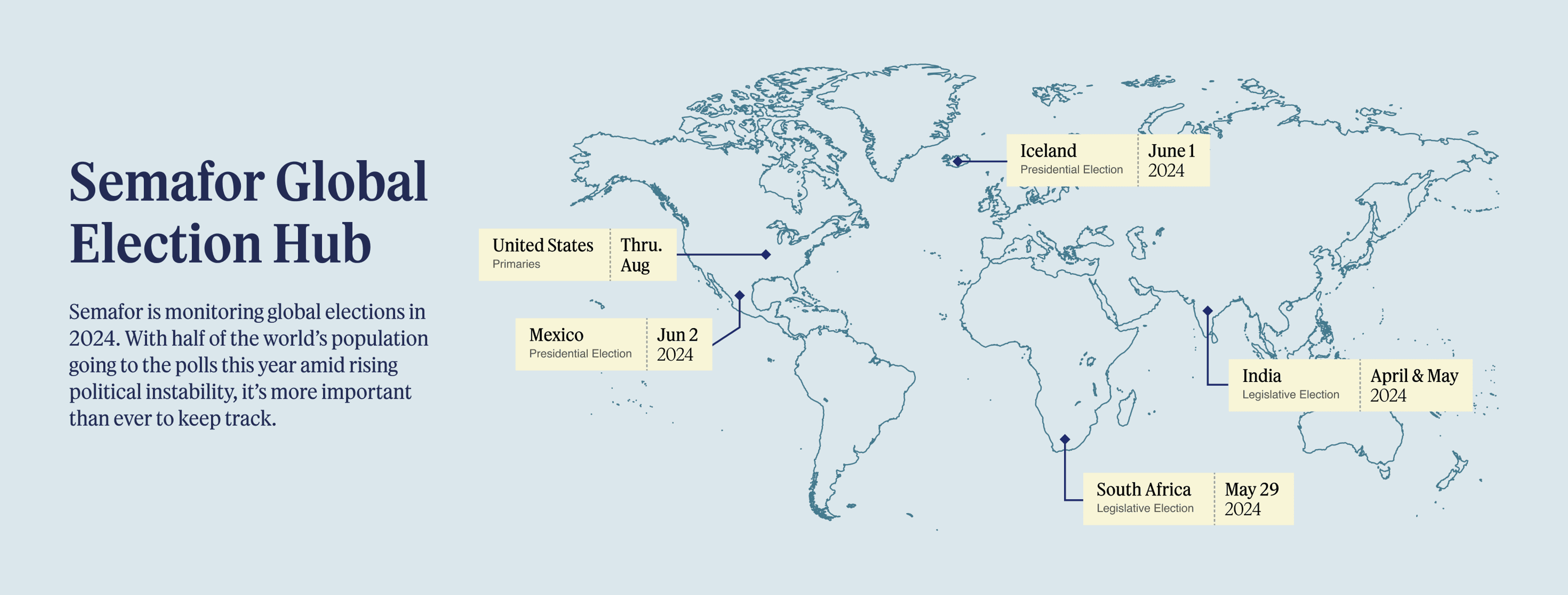
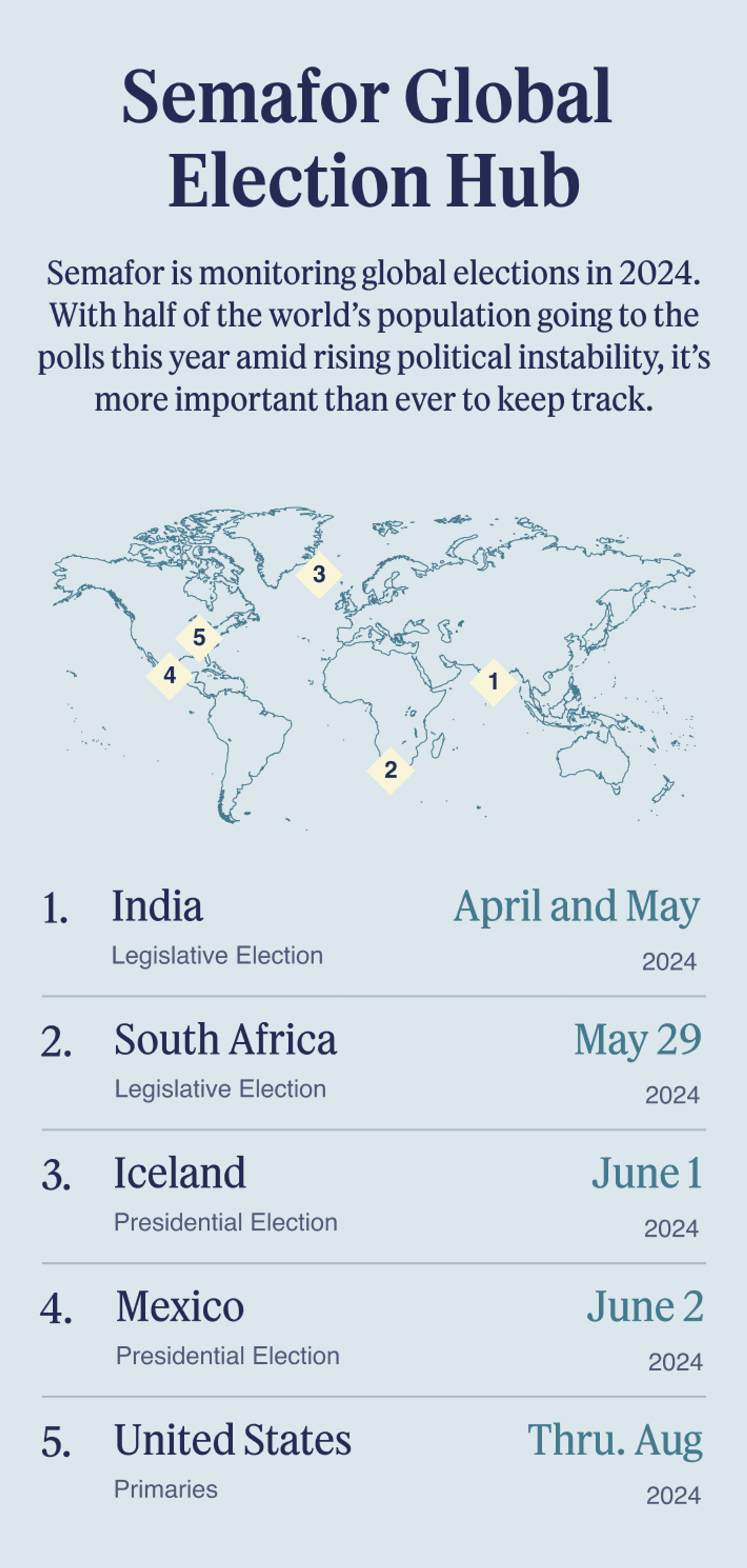
The Hot List
Semafor’s subjective, dynamic ranking of the elections you should be paying attention to right now — based on their urgency, their importance, and their connection to the great political forces shaping our world.
Donald Trump returning to office is the most consequential election result this year. Trump’s victory has reset not only US politics, but world politics, with figures like Francis Fukuyama declaring it a huge blow to liberalism itself. A new Trump administration is set to push all kinds of institutions to their limits: NATO, the trade establishment, even potentially American democracy itself. Time will tell the extent to which Trump is hemmed in by thin majorities in Congress, but expect presidential power to be exerted to the max.
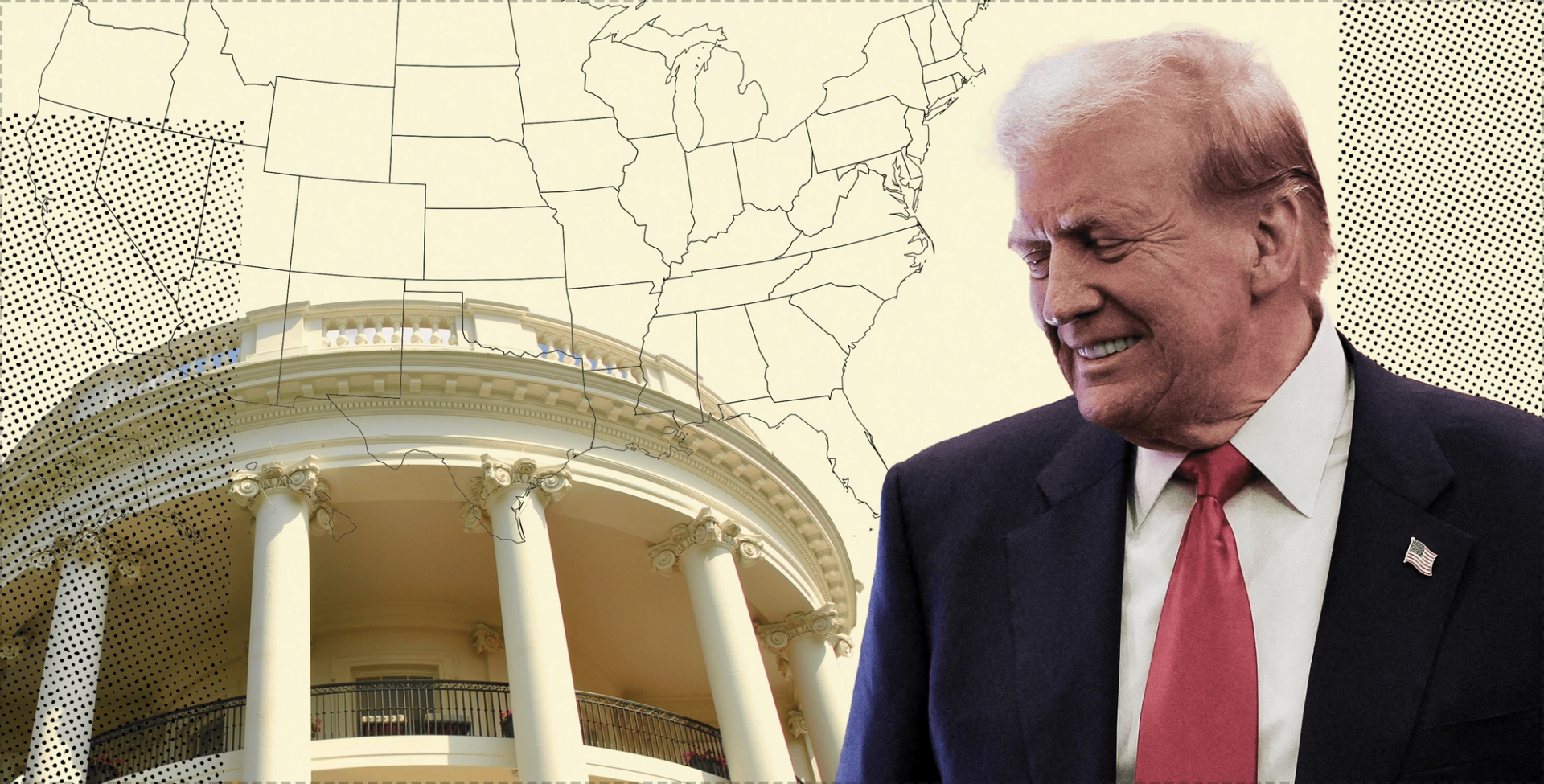
Global incumbent backlash came for everyone this year — even the seemingly invincible Narendra Modi. Defying projections of a blowout for the Hindu nationalist BJP, India’s opposition scored a respectable result, relegating Modi’s party beneath a majority for the first time under his leadership. Now the prime minister has been forced to rely on partners in his NDA alliance, and he’s ramped up spending in order to shore up support. With Modi uncertain to run again in 2029, for the first time, it seems uncertain that the BJP will maintain its grip on Indian politics. A recent state election in Maharashtra boded well for the BJP’s prospects, but a strong challenge from an energized opposition remains on the horizon.
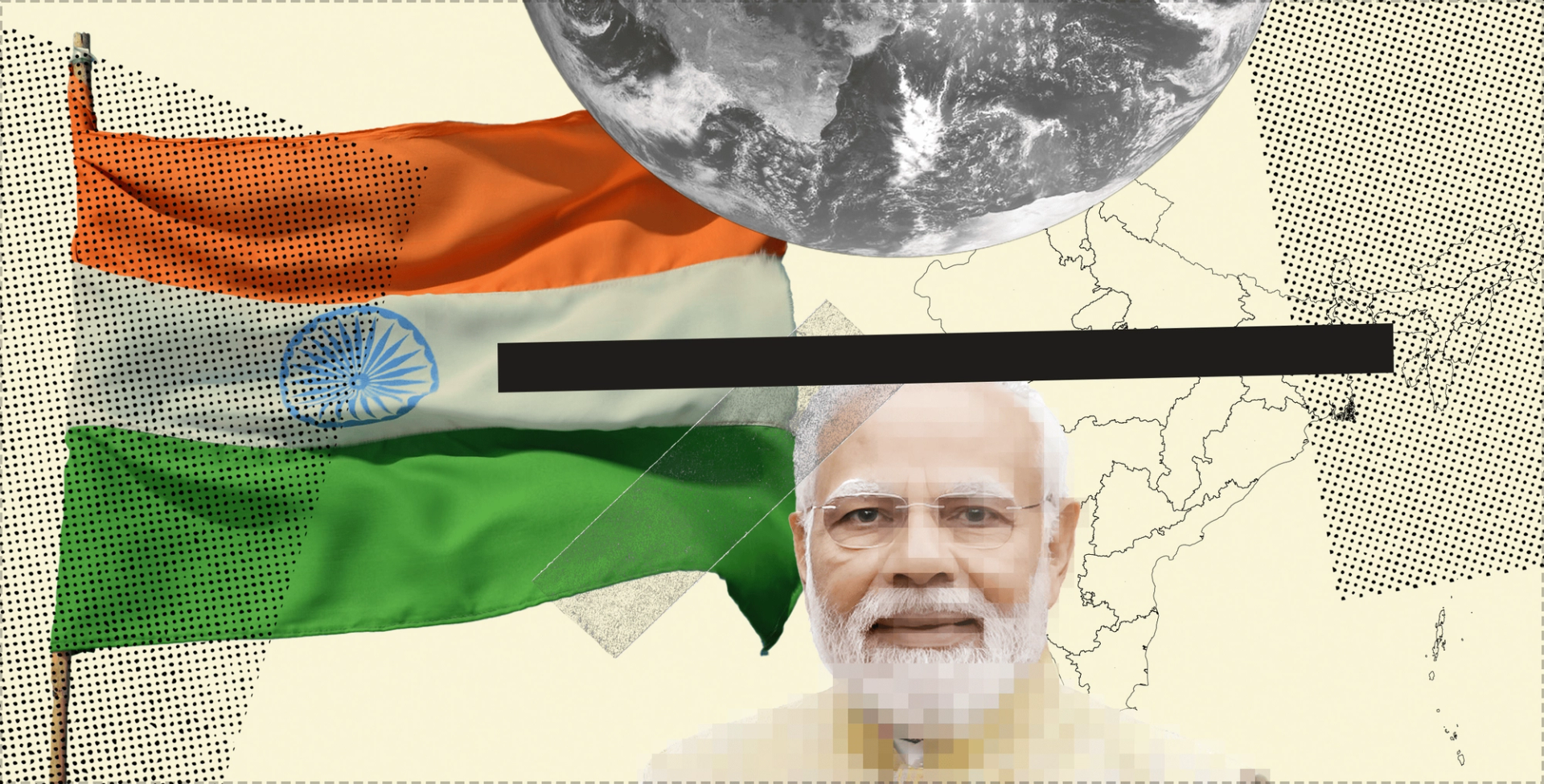
The election of Mexico’s first woman president stood in defiance to all the world’s trends this year. Claudia Sheinbaum won as the nominee for President AMLO’s Morena party, securing 5 million more votes than even he did. With incumbents losing ground around the world, the results were a rare example of a governing party doing better than its last election performance. Sheinbaum, still popular for now, will have a six-year term in office, where she will fight for another exemption from the malaise that has gripped so many other governments.
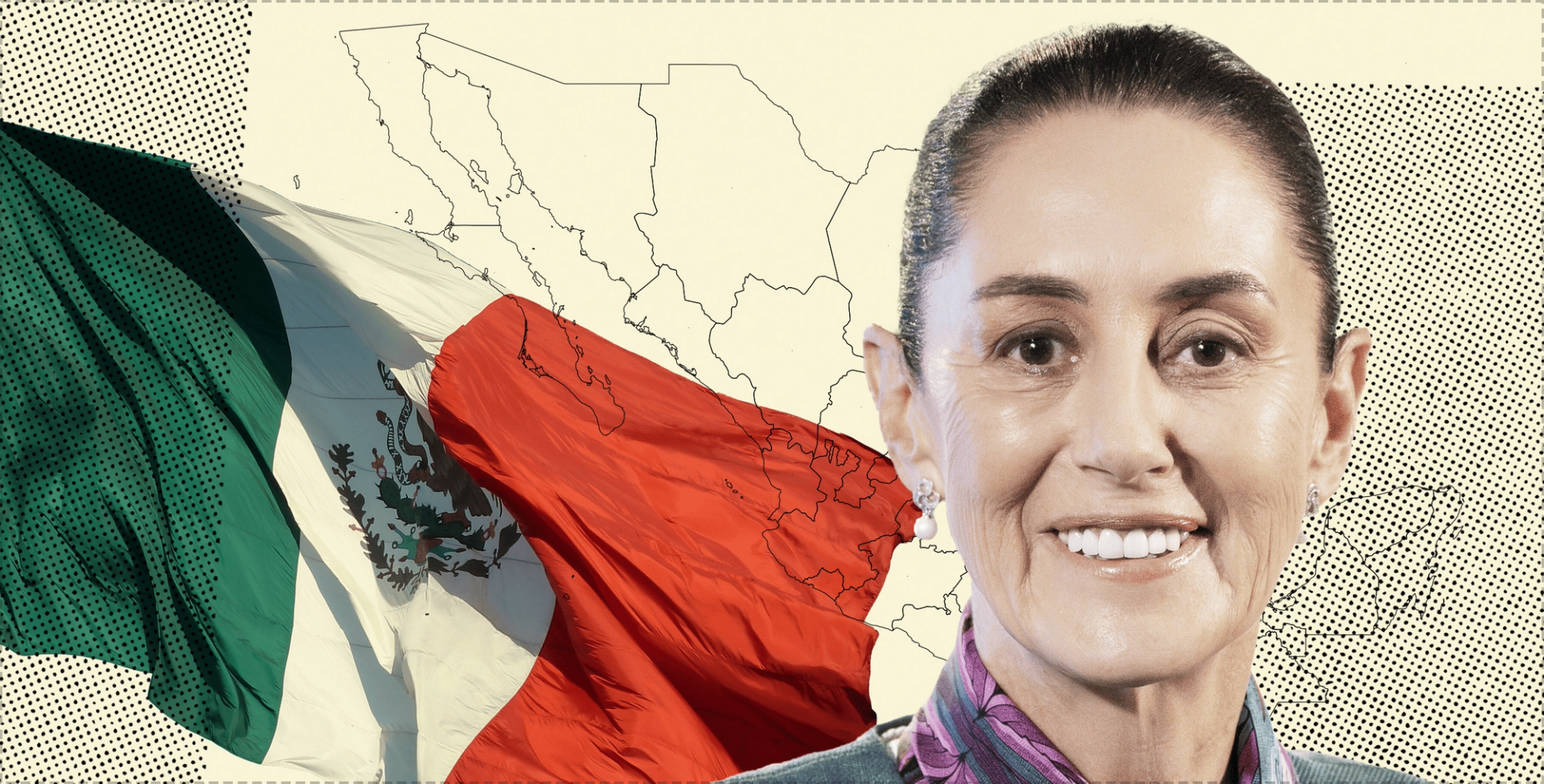
A historic election is rewriting South Africa’s political culture. Following the stunning loss of its majority in this year’s legislative elections, South Africa’s long-ruling African National Congress was forced into dealmaking with opposition parties. A new “Government of National Unity” emerged that is composed of the ANC, the Democratic Alliance, and several smaller conservative parties. Left out of the arrangement is the “Progressive Caucus” of mostly left-wing parties, including the Spear of the Nation movement led by former president Jacob Zuma, and an insurgent Marxist party, the Economic Freedom Fighters.
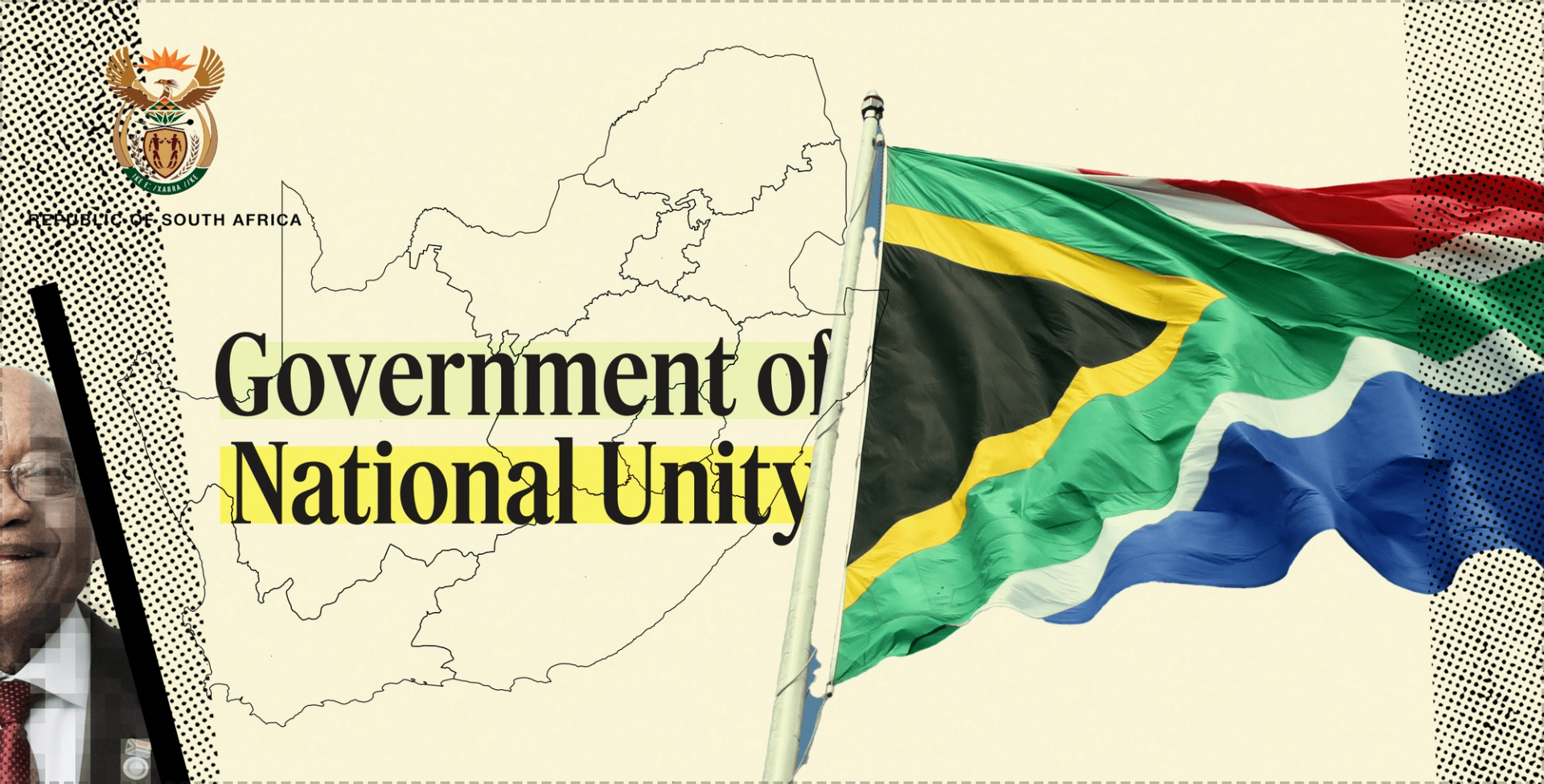
Japan’s long-ruling Liberal Democratic Party lost its majority for only the third time in its history. For the LDP, the results were about as bad as could be expected, as the party clocked in below 200 seats in lower house elections. But don’t expect a sea-change in governance. The balance of parliament overall is still firmly on the right, and voters still prefer the LDP to remain in power given the lack of a majority for a workable alternative.
A vote decried by political opposition as rigged has set the stage for years of turmoil in Pakistan. Former prime minister Imran Khan remains in prison after being ousted from office and convicted of corruption charges. Despite his sentence, Khan’s party managed an upset result in parliamentary elections, which supporters and even an elected official say were manipulated to understate his support. Khan remains the major dividing line in Pakistani politics, and his movement is not giving up, continuing their push to free their leader from prison and see him eventually returned to power. Just this week, major protests are showing the continued strength of Khan’s support.
One of UK Labour’s biggest-ever victories is already being unwound by incumbent backlash. Labour won more than 400 seats in an election that crystallized discontent with 14 years of Tory governance in the country. Labour won’t be up for re-election until 2029, but already the wheels have come off their support, as Conservatives have taken a lead in some polls, and the nationalist Reform UK party led by Brexit campaigner Nigel Farage remains prominent with double digit backing.
An inexplicable French snap election has only led to more governing headaches. President Macron called the election supposedly hoping to take advantage of chaos among his opposition. The actual outcome was a scramble to stop the far-right, and historic victory for a left led by firebrand candidate Jean-Luc Melenchon. In creating a governing arrangement, however, Macron opted for an uneasy dependence on support from Marine Le Pen’s far-right party — which has already threatened to pull the plug on his increasingly unpopular government.
Senegal’s election shows how decolonial politics are gaining ground across Africa. President Bassirou Diomaye Faye, elected as president earlier this year, called a snap election to shore up support for his agenda, and was given a clear mandate for policies that have taken aim at the lingering impact of colonial exploitation. Across the continent in countries like Namibia and South Africa, similar movements have gained ground, and a wave of coups has led to reversals in foreign policy towards former colonial powers like France.

The attention economy helps explain all of modern politics. In 2021, Charlie Warzel conducted an interview with Michael Goldhaber in the New York Times, a former physicist he described as an “internet prophet.” Goldhaber popularized a term, the “attention economy,” to describe how the scarcity of attention – a finite resource – leads every moment of our lives to become a transaction. We have a limited amount of attention to give, and those who command attention are powerful in our society. It’s an important way to think about politics in our digital era, where a candidate like Trump can become a fixture through constantly dominating attention with campaigns that offer only red meat to his most hardcore supporters.
US Elections
Sign up for Semafor Americana: David Weigel’s twice–weekly briefing, chronicling America’s political landscape from David Weigel. Read it now.
Democrats fret as GOP super PACs pour money into Senate battle
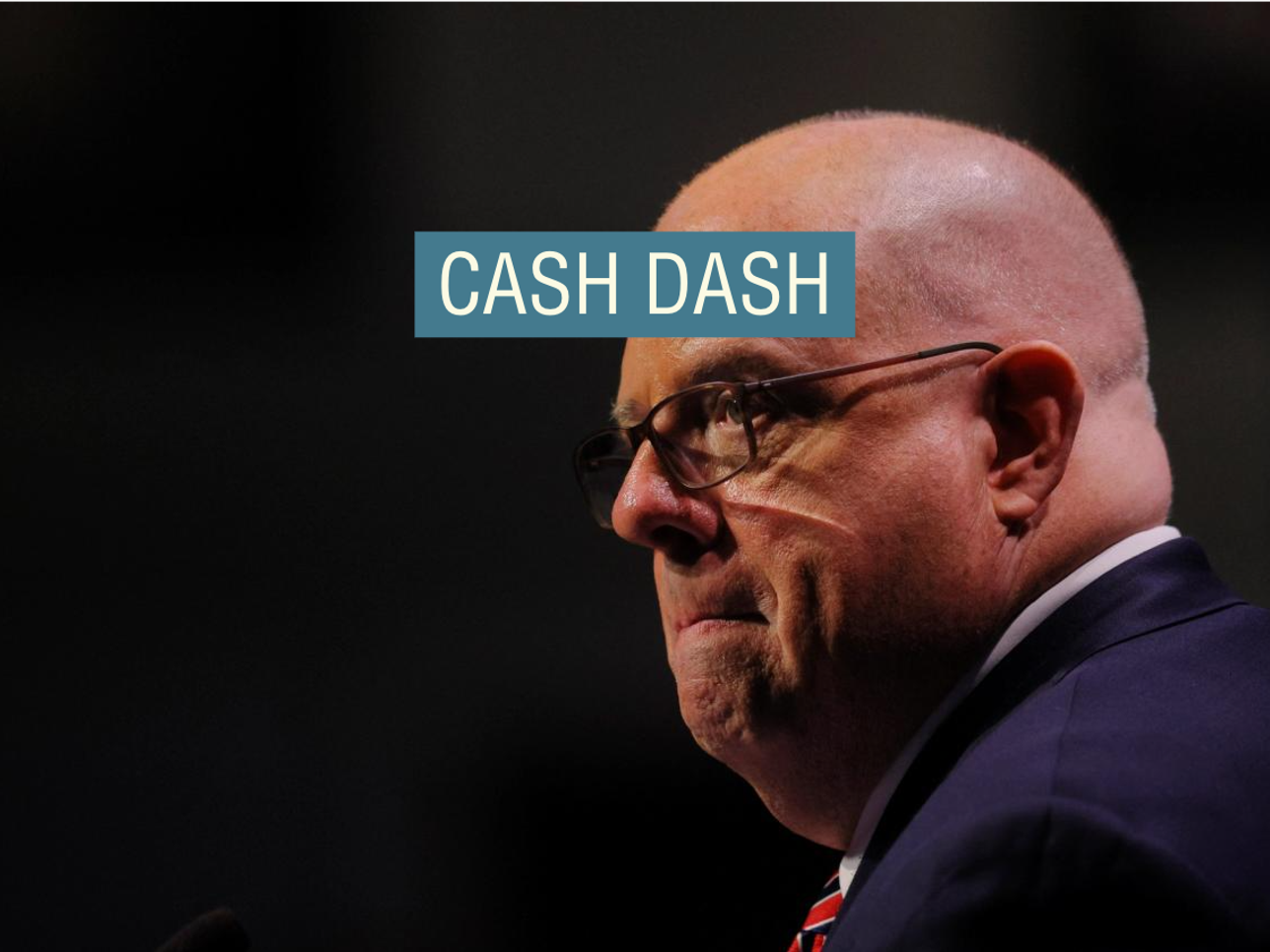 Brian Snyder/Reuters
Brian Snyder/Reuters


